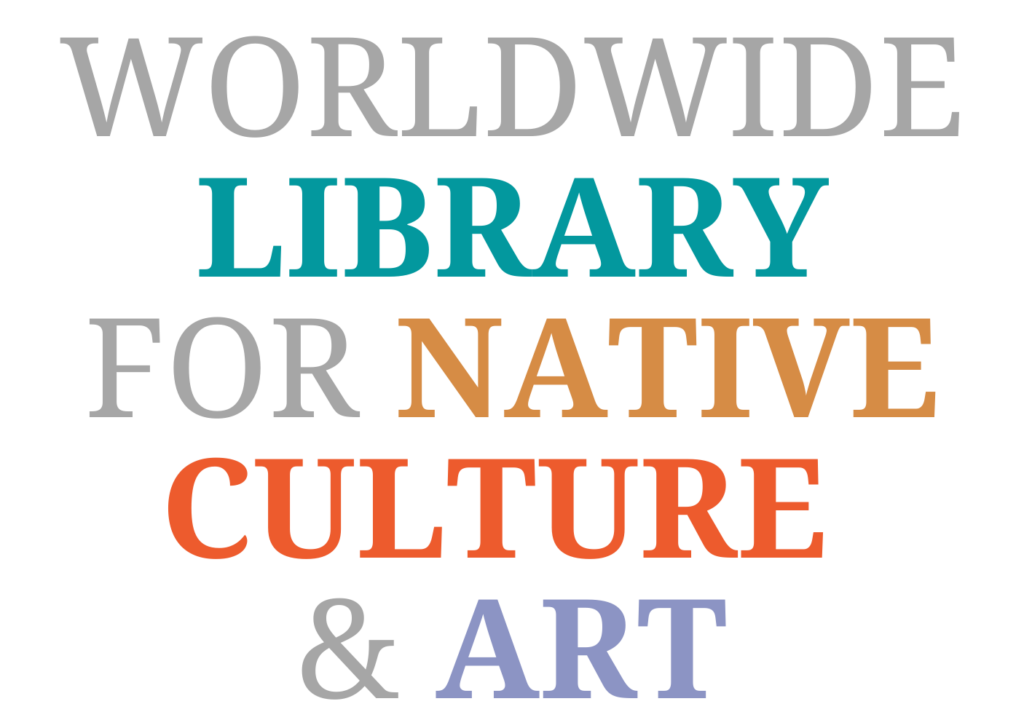The Antarctic Bioregion Library preserves the ecological, scientific, and cultural knowledge of the polar regions through a bioregional and AI-enhanced framework, integrating Indigenous Arctic perspectives, polar research, and environmental ethics within the World Bioregions Library network.
SELECT ONE LIBRARY:
Antartic Bioregion Library
Keywords:
Antarctic Bioregion Library, Antarctic ecology, polar wisdom, Indigenous Arctic knowledge, climate research, ecological preservation, cryosphere studies, planetary balance, bioregional knowledge, environmental philosophy, digital humanities, ChatGPT archives, OpenAI cultural preservation, bioregiones.org, World Bioregions Library, ancestral ecology, ice core data, oceanic systems, glacial heritage
Introduction: Preserving the Wisdom of the White Continent
The Antarctic Bioregion Library, part of the World Bioregions Library at bioregiones.org, is a digital and bioregional archive dedicated to documenting and interconnecting the ecological and planetary wisdom of Earth’s southernmost region. The Antarctic, often perceived as a silent, frozen expanse, is in fact a dynamic living system — a planetary regulator of climate, ocean currents, and atmospheric equilibrium.
This library is not only a scientific repository but also a philosophical and biocultural reflection on humanity’s relationship with the cryosphere. It seeks to preserve and translate the knowledge embedded in ice, water, and wind — understanding the Antarctic as a sacred ecological being that holds the memory of Earth’s climate, evolution, and resilience.
Bioregional Framework: Mapping Knowledge in the Polar Realms
The Antarctic Bioregion Library operates under a transpolar framework, recognizing the deep ecological continuity between the Antarctic and Arctic systems. Knowledge is structured around ecological and scientific bioregions rather than geopolitical claims:
- Continental Ice Bioregion: Spanning the East and West Antarctic Ice Sheets — holding ice cores that record millions of years of atmospheric and biological history.
- Peninsular Bioregion: The most temperate and biodiverse region, home to penguins, seals, and marine microorganisms crucial to global food webs.
- Sub-Antarctic Islands Bioregion: Including South Georgia, the Kerguelen, and the Falklands — bridges of life between continents, hosting migratory birds and oceanic species.
- Oceanic Bioregion: The Southern Ocean as a living circulatory system, connecting all seas and regulating Earth’s temperature balance.
- Cryospheric Data Bioregion: The digital and scientific archive that compiles glaciological, atmospheric, and oceanographic data as part of global ecological memory.
This framework unites scientific, philosophical, and ecological dimensions, offering an integrative view of the Antarctic as both data and spirit — a biome that sustains the entire planet.
Sacred Knowledge, Ecology, and Planetary Stewardship
The Antarctic Bioregion Library bridges ecological science and ancestral cosmology by linking polar research with Indigenous knowledge systems that understand ice as a living archive. Though Antarctica lacks permanent human habitation, its stewardship is interwoven with the wisdom of circumpolar cultures — Inuit, Sámi, Chukchi, and others — who interpret ice, auroras, and animal migrations as spiritual messages.
Core themes include:
- Cryogenic Knowledge: The study of ice cores as time capsules preserving atmospheric and biological histories.
- Marine Ecology: Research on krill, phytoplankton, and the oceanic food chain sustaining global biodiversity.
- Climatic Memory: Understanding glaciers as archives of planetary transformation and renewal.
- Ethics of Stewardship: Promoting scientific exploration grounded in ecological humility and global responsibility.
- Spiritual Ecology: Recognition of the Antarctic as a sacred biome representing Earth’s equilibrium and purity.
Through collaboration with polar institutes, Indigenous councils, and planetary ethics networks, the Library curates knowledge that blends empirical science with ecological reverence.
AI and Digital Preservation of Living Knowledge
The Antarctic Bioregion Library employs AI-assisted semantic indexing and data visualization to synthesize scientific, cartographic, and ecological information. Using ChatGPT and OpenAI technologies, the system connects cryospheric data, environmental studies, and Indigenous cosmologies within a unified planetary database.
AI serves as a mediator for cross-disciplinary understanding — linking climatology, oceanography, and spiritual ecology. By applying machine learning to interpret ice core data, temperature models, and species distribution, the Library fosters a holistic view of planetary intelligence.
Technological partners and scientific institutions contribute to secure data preservation, ensuring that Antarctic knowledge remains accessible for generations while respecting ecological limits and scientific ethics.
Interconnection within the World Bioregions Library Network
The Antarctic Bioregion Library is a keystone node in the World Bioregions Library, symbolizing the South Pole as the heart of planetary balance. It interlinks with:
Together, these libraries form a planetary network that unites the poles and tropics, land and sea, science and spirit — preserving the living memory of Earth as a whole system.
Community Collaboration & Ethical Stewardship
The Antarctic Bioregion Library collaborates with polar researchers, environmental philosophers, and Indigenous Arctic representatives to establish frameworks of ethical research and planetary guardianship. Knowledge inclusion follows principles of transparency, scientific integrity, and respect for ecological sanctity.
This library upholds the Antarctic Treaty’s vision of peace, science, and shared stewardship, reframing Antarctica not as a frontier to conquer but as a sacred biome to protect. The guiding principle is planetary reciprocity — to learn from the ice, not exploit it.
References (APA)
- Berkman, P. A. (2002). Science into Policy: Global Lessons from Antarctica. Academic Press.
- Chown, S. L., & Convey, P. (2016). The Antarctic Ecosystem. Cambridge University Press.
- Descola, P. (2013). Beyond Nature and Culture. University of Chicago Press.
- Gates, B. (2023). The Age of AI Has Begun. GatesNotes. https://www.gatesnotes.com/the-age-of-ai-has-begun
- Nielsen, J., & Rintoul, S. (2020). Southern Ocean Dynamics and Climate Regulation. Nature Climate Science, 9(4), 215–229.
- UNESCO. (2021). The Cryosphere and Global Heritage: Preservation of Polar Knowledge Systems. Paris.
SELECT ONE LIBRARY:
